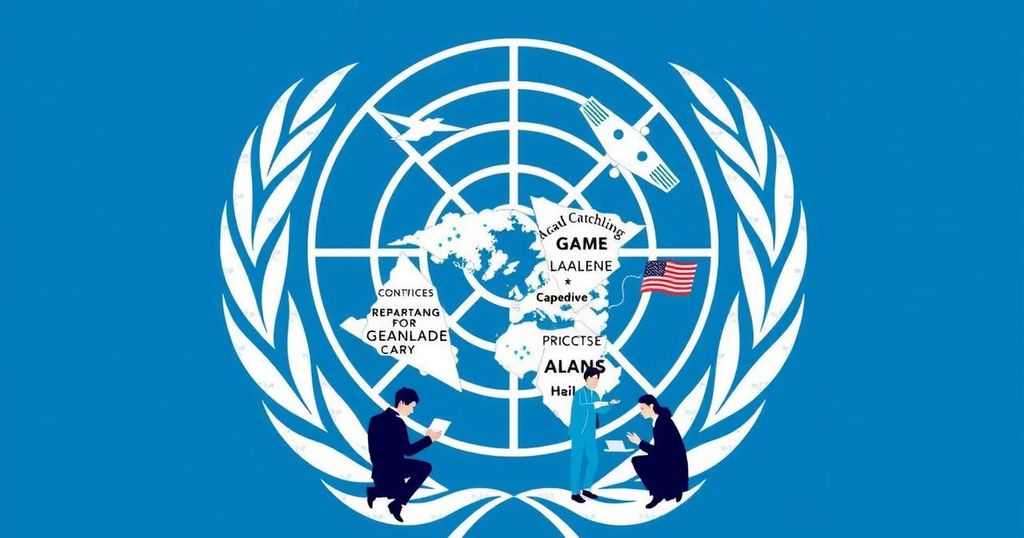COP29 Nations Under Pressure as Climate Finance Talks Falter

At COP29 in Baku, Azerbaijan, there is growing pressure on nations to finalize a climate finance agreement, yet no significant progress has been made. Developing countries are frustrated by the lack of specific financial commitments in recent proposals, with experts estimating that at least $1 trillion is needed for climate adaptation and transition. Criticism also arises regarding insufficient action on reducing reliance on fossil fuels, as urgent calls for clarity and transparency grow louder.
At the COP29 United Nations Climate Summit in Baku, Azerbaijan, countries face increasing pressure as they enter the final scheduled day of negotiations without significant progress towards a financial agreement. The key issue at hand is climate finance, whereby developed nations are expected to provide monetary support to developing nations to address damages from climate change and to facilitate transitions to cleaner energy. Despite demands for a financial commitment of at least $1 trillion, recent draft proposals have failed to include specific financial figures, leading to widespread frustration among developing nations.
The COP29 discussions have also been marred by criticisms regarding the current proposals’ inadequacy in addressing the urgent need to reduce fossil fuel consumption. Many delegations, particularly from Europe and the United States, lament that the latest drafts do not sufficiently promote the necessary transition towards renewable energy sources. The COP28 President Mukhtar Babayev expressed optimism, stating that initial outlines of a financial package are emerging, yet the absence of concrete commitments continues to hinder progress.
The plight of vulnerable countries was articulated clearly by several representatives. Juan Carlos Monterrey Gomez from Panama condemned the lack of financial clarity as a “slap in the face to the most vulnerable,” and Esa Ainuu from Niue emphasized the existential threat posed to Pacific island nations by climate change. Similarly, Mohamed Adow of Power Shift Africa highlighted the disconnect between the urgent needs for financial support and the current blank proposals. Meanwhile, UN Secretary General Antonio Guterres underscored the imperative to phase out fossil fuels to meet climate goals, arguing for an urgent and unified global response.
The backdrop of the COP29 summit involves an ongoing global discourse on climate change and the responsibilities of various nations towards mitigating its effects. Wealthy countries historically contribute more to greenhouse gas emissions and, hence, are under obligation to assist developing nations in adapting to and recovering from climate-related adversities. The financial aspect is critical, considering the urgent requirement for transitioning to sustainable energy solutions and addressing the damages wrought by climate crises. The summit serves as a crucial platform for negotiating these financial commitments, yet the apparent lack of proactive engagement threatens to deepen existing inequalities in climate resilience and response efforts.
In summary, the current trajectory of negotiations at COP29 reveals a concerning stagnation on crucial financial commitments required to support developing countries facing the brunt of climate change. The absence of concrete proposals, especially in relation to the necessary transition from fossil fuels to renewable energy, raises significant questions about the negotiations’ capacity to yield meaningful outcomes. As time runs short, it remains imperative for all participating nations to prioritize equitable financial resolutions that address both immediate needs and long-term sustainability goals.
Original Source: apnews.com





